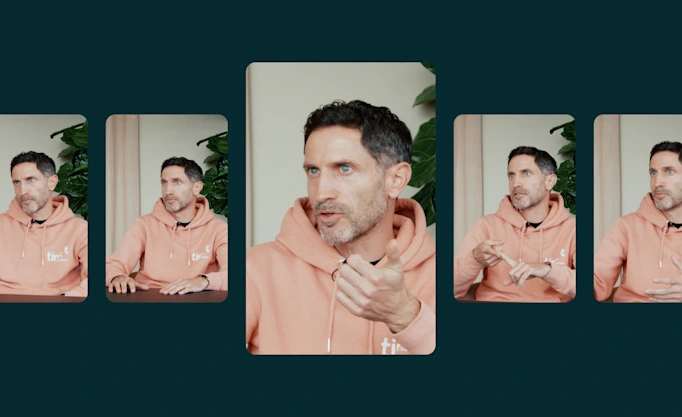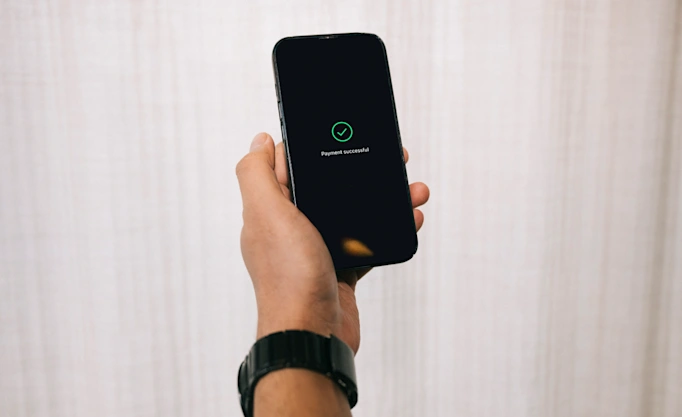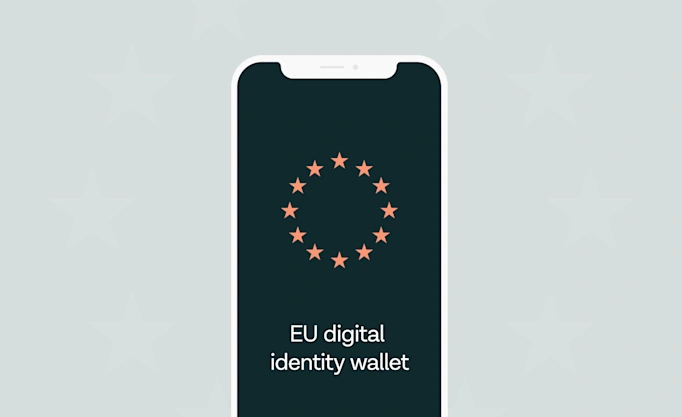How Pay by Bank is approaching its tipping point

Pay by Bank is often lauded as changing the way we pay. This account-to-account payment method helps businesses manage costs, while creating a seamless experience for users. We sat down with Tom Pope, SVP of Payments at Tink, to discuss how Pay by Bank is approaching its tipping point – and when mass market adoption will follow.
Pay by Bank is an account-to-account payment method that’s changing the way we pay, with advantages for businesses and consumers.
Understand how Pay by Bank is nearing mass adoption with Tom Pope, Head of Payments and Platforms at Tink.
In this article, Tom breaks down four key Pay by Bank factors and deep dives into the benefits of Pay by Bank adoption for businesses and their customers.
Against an economic backdrop that presents ongoing challenges, it’s more important than ever for businesses to simultaneously mitigate their costs while keeping up with evolving consumer expectations. One of the latest innovations in payments – Pay by Bank – is a solution that does just that. Under the hood, it’s powered by open banking technology and is an instant payment method changing the way we pay.
Tom, what is Pay by Bank in a nutshell?
‘Pay by Bank gives consumers more choice while letting businesses accept instant, account-to-account payments from anyone with a bank account, in Europe and beyond. At its core, this is really all that Pay by Bank is – a simple way for anyone to pay directly from their bank account. Once a consumer authenticates using their Face ID, a fingerprint or something similar, the money moves between accounts instantly.
Pay by Bank complements the current payments ecosystem. It’s not just about creating another choice of payment at checkout, but offering consumers a payment method that has everything they may want and have come to expect – familiarity, speed, reliability and convenience.’
What does Pay by Bank reaching its ‘tipping point’ mean?
‘Whenever a new payment method or technology emerges, it’s natural to question where it will lead. How big will this be? Will it really take off? Will there be mass consumer adoption? Looking back over the last 50 years, every payment method that found mainstream adoption – cheques, cards, mobile wallets, Buy Now Pay Later – reached a tipping point in its momentum where that adoption became all but inevitable.
And what it takes to reach this point is the same for any new payment method. It requires four things: demand, availability, experience, and trust. They’re interlinked, they depend upon one another, and if any of them are missing that momentum won’t be achieved. But, if they’re all present – the fuse is lit, and the payment method will take off. We believe Pay by Bank is approaching that point.’
How can this change the way we pay?
‘Making a payment from your bank account is nothing new. We've all been paying by bank for decades. The security is there, the familiarity is there, and I’d argue that consumer trust is there already – even if the name is new, because Pay by Bank is centred around the bank account that people already use day in, day out.
When it comes to demand, consumers don’t consciously want a specific payment method called Pay by Bank. When do consumers ever consciously think about payments, except when they go wrong? People do, however, know what they want or have come to expect. And that’s a payment method with familiarity, speed and convenience. Ask an ecommerce merchant if they want to add another payment method to their checkout, and they’ll say they have enough already. But there will always be an appetite for a payment method that is low cost, low fraud, instant – even for refunds – and available to every customer with a bank account right out of the gate.
Just two years ago, Pay by Bank availability was limited to fringe use cases in select markets. Fast forward to today and Adyen, one of the biggest payment platforms in Europe, is making it available to all its UK merchants and rolling it out across Europe.
The beauty of Pay by Bank is that the technology is directly transferable from one use case to another – just as easily as it transfers across country borders. You don’t have to reinvent the wheel every time. As of now, over one third of the adult population in Sweden pay their bills with it. That very same user experience, tested and optimised with millions of bills paid every month, needs next to no adaptation for an ecommerce checkout – and no change in user behaviour.
Experience wise, Pay by Bank has a uniquely high ceiling regarding its user experience quality. It takes one line of code and can be embedded anywhere – in the checkout, on an invoice or as a QR code. The interface is customisable to a merchant’s brand, so it fits seamlessly into any user journey. The authentication flow is built for online. There’s no need to manually enter details or punch in any numbers – all the user has to do is click. What this all boils down to is that Pay by Bank is fast. We’re talking five taps, 30 seconds – that’s all it takes to pay with Pay by Bank in the UK.
And last but not least, thinking about trust, people ultimately trust what they understand. What they can try for themselves – and when they see that it works. Pay by Bank has a bit of a headstart on trust. For one, it’s inherently secure by design. Strong authentication is built in, no sensitive information is shared with the merchant, and all payment details are prepopulated.
Fraud prevention tools need to evolve alongside new payment methods, and here we can leverage Visa’s experience (in cybersecurity, encryption, tokenisation, and fraud and risk monitoring) to ensure the highest levels of security and trust in Pay by Bank.
Any takeaways for businesses and financial service providers?
‘We've all seen this happen before – a new payment method ready to take off. Don’t think if, think when. The signs are all there. We know that consumer expectations about payment experiences only go one way. No one willingly accepts a downgrade in the experience.
Pay by Bank is not about replacing all other payment methods at checkout, but about creating more choice for consumers with a payment method that ticks all the boxes. And there is a clear advantage for merchants that are early adopters. By tapping into the demand that already exists for a simple, secure and streamlined payment experience – at low cost – merchants can differentiate themselves from the competition with Pay by Bank.’
Interested in learning more about using Pay by Bank
and other open banking tools to future proof your business?
Get in touch.
More in Open banking

2025-06-09
11 min read
The case for “Pay by Bank” as a global term
Thomas Gmelch argues that "Pay by Bank" should be adopted as a standard term for open banking-powered account-to-account payments to reduce confusion, build trust, and boost adoption across the industry.
Read more

2025-06-02
3 min read
Tink joins Visa A2A – what it means for Pay by Bank and VRP
Visa A2A brings an enhanced framework to Pay by Bank and variable recurring payments (VRP) in the UK, and Tink is excited to be one of the first members of this new solution.
Read more

2024-11-19
12 min read
From authentication to authorisation: Navigating the changes with eIDAS 2.0
Discover how the eIDAS 2.0 regulation is set to transform digital identity and payment processes across the EU, promising seamless authentication, enhanced security, and a future where forgotten passwords and cumbersome paperwork are a thing of the past.
Read more
Get started with Tink
Contact our team to learn more about what we can help you build – or create an account to get started right away.
